245 resultater fundet
Skip results of view Datahistorier
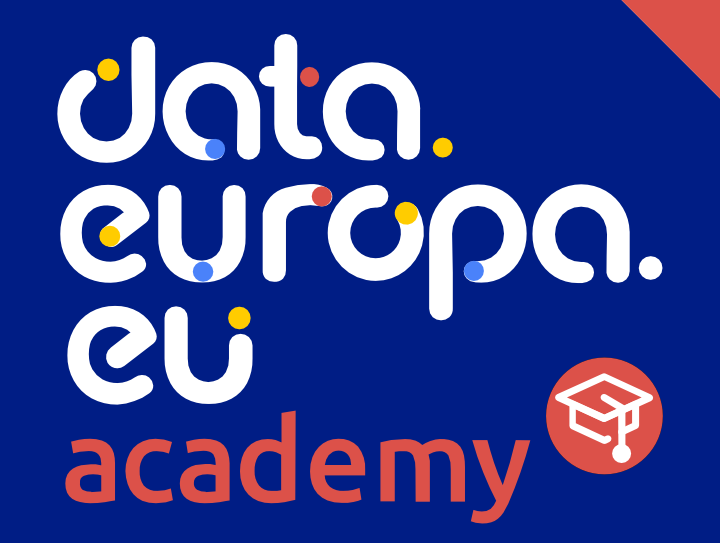
The data.europa academy can help you to become more knowledgeable about open data and to become more data literate. It provides you with knowledge and tools to publish high-quality open data that lives up to legal and technical standards, whether you are an expert or just getting started. Through the academy you can also discover how to create impact by re-using different types of open data. In the academy you can learn about publishing and finding open data, interoperability standards, regulatory and technical requirements, or recommendations. Additionally, the data.europa academy covers
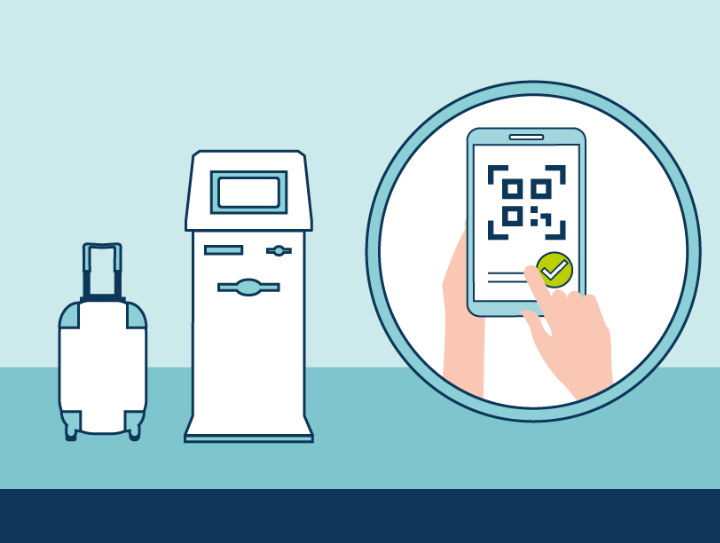
In this data story, we look back on the developments that led to the establishment of the Digital Covid Certificate, and on how sharing of minimal data allowed us to regain freedom of movement . How did COVID-19 impact freedom of movement? Freedom of movement and residence for persons is one of the cornerstones of European Union citizenship, established by the Treaty of Maastricht in 1992. Since then, internal borders gradually faded and free movement of goods, services, and people became part of everyday life. Yet, to slow down the spread of coronavirus and protect the health and well-being
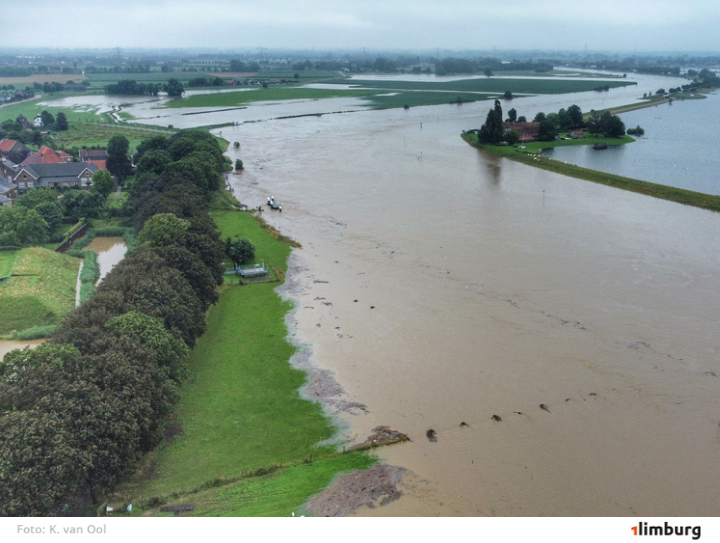
This summer, severe floods have affected several European countries In early July, several countries in Europe have witnessed severe floods, causing serious damage. Multiple river basins in Austria, Belgium, Croatia, Germany, Italy, Luxembourg, the Netherlands, and Switzerland, for which is common practice to store water and control the risk of floods, overflowed. Water poured out onto roads, villages, and cities. Germany and Belgium were hit particularly hard, with power outages, evacuations, and damage to infrastructure and agriculture. The Belgian Minister of Home Affairs, Annelies

The European Union has placed its efforts to respond to COVID-19 pandemic, and vaccines deliveries to EU countries have increased steadily and vaccination is gathering pace. According to last updated data from 5 July 2021, 62.7% of the EU adult population received at least one dose, with 481.6 million doses delivered in the EU. In a moment where science, solidarity, and cooperation between Member States and European Commission play a mandatory role, data has demonstrated to be the key element to design better responses to the pandemic. How does open data play an important role in the COVID-19
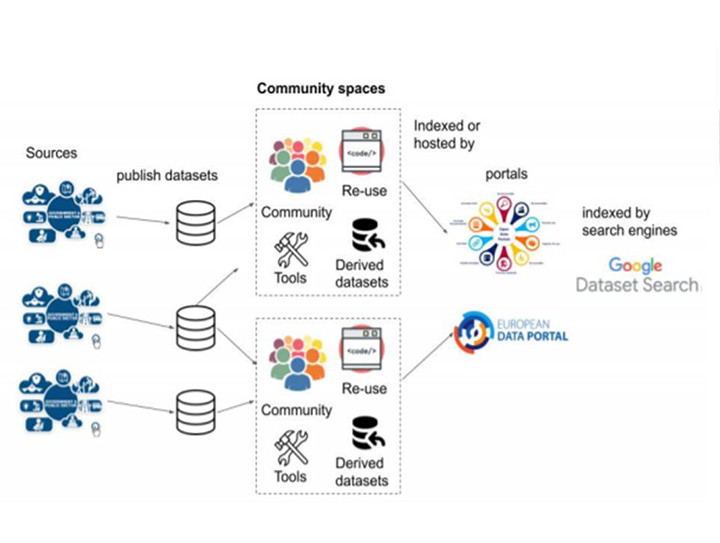
Since the summer of 2020, the European Data Portal (EDP) team has been summarising the six reports included in the “Sustainability of (Open) Data Portal Infrastructure” as featured highlights. This particular report will focus on the sixth report “ A Distributed Version Control Approach to Creating Portals for Re-use”. This report was prepared by the University of Southampton, and delves into the two most common issues open data portals face and provides suggestions for how to overcome them. From their analysis of the European Data Portal traffic in 2019, evidence suggests that nearly half of

The European Data Portal (EDP) has published their 20th analytical report: “ Copernicus Data for the open data community”. The report is prepared by con terra and aims to help open data enthusiasts exploit the potential of Copernicus data for earth observation applications. Copernicus is the EU-funded earth observation programme, led in partnership with the European Spaces Agency (ESA) that states: “Copernicus is the most ambitious Earth observation programme to date. It will provide accurate, timely and easily accessible information to improve the management of the environment, understand and
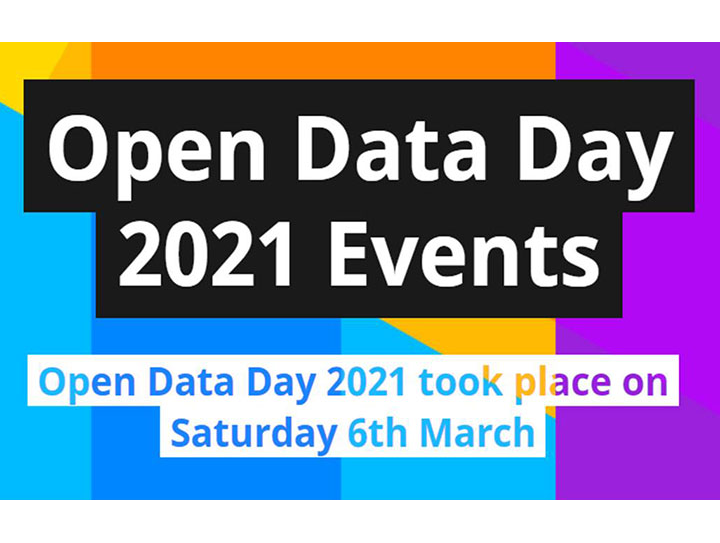
Open Data Day 2021 On 6 March 2021, the international data community celebrated the 11th anniversary of Open Data Day. Open Data Day is an annual international event where data enthusiasts gather to connect and build new solutions to complex social issues by using open data. The event aims to show the benefits of open data such as increased efficiency, transparency, a spur in innovation, and economic growth. Moreover, the event encourages the adoption of open data policies in various government bodies, businesses, and civil societies. Open Data Day takes place globally and includes talks
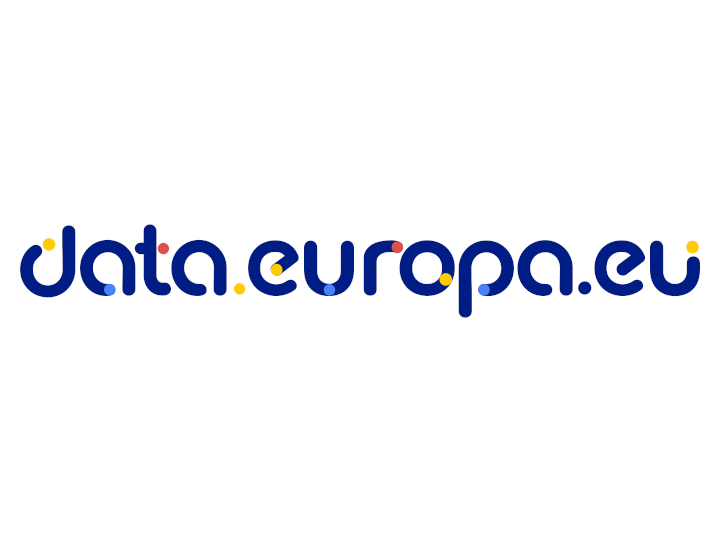
Soon, the European Data Portal will join forces with the European Open Data Portal (ODP) to become the single access point for open data from Europe and its Member States. Under the name data.europa.eu, the project will continue on its mission to support European countries in increasing their open data maturity, publishing open data, and promoting awareness of open data’s potential for re-use. To better exploit the potential of open data and public sector information, the project is centred around: Harvesting metadata of Public Sector Information (PSI) available on public open data portals in
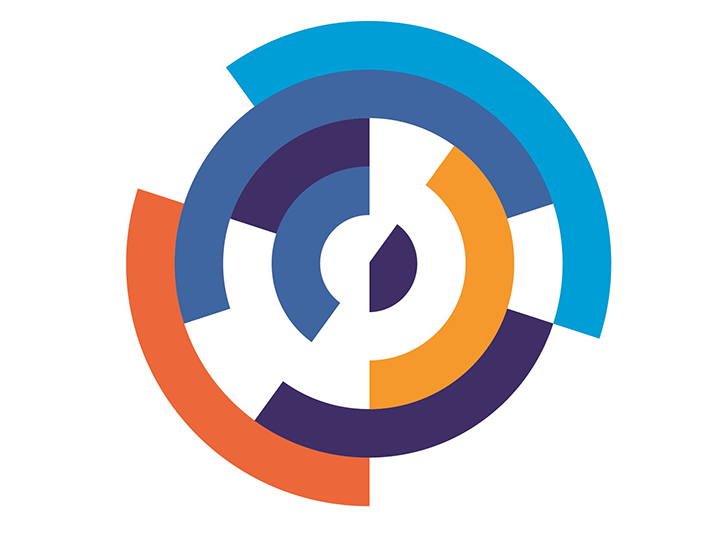
EDP publishes 19th analytical report The European Data Portal (EDP) just published the 19th analytical report: “ Understanding supply and demand on the European Data Portal”. The report is prepared by the University of Southampton and provides a detailed analysis of the relationship between supply and demand of datasets on the EDP. This report follows up on the research and findings of Analytical Report 18: “ Characterising dataset search on the European Data Portal”, which investigated how users search for datasets on the EDP. As there is no direct measurement for this, the authors analysed

The Data Governance Act On 25 November 2020, The European Commission published the Data Governance Act (DGA) in response to the public consultation on the European Strategy for Data. The consultation served as a means to gauge stakeholders’ opinions on the data strategy (including open data, data sharing and data spaces), and as input for several planned initiatives around access to, and re-use of, data. A legislative framework on common European data spaces and an implementing act on a list of high-value datasets under the Open Data Directive was part of the consultation as well. This
